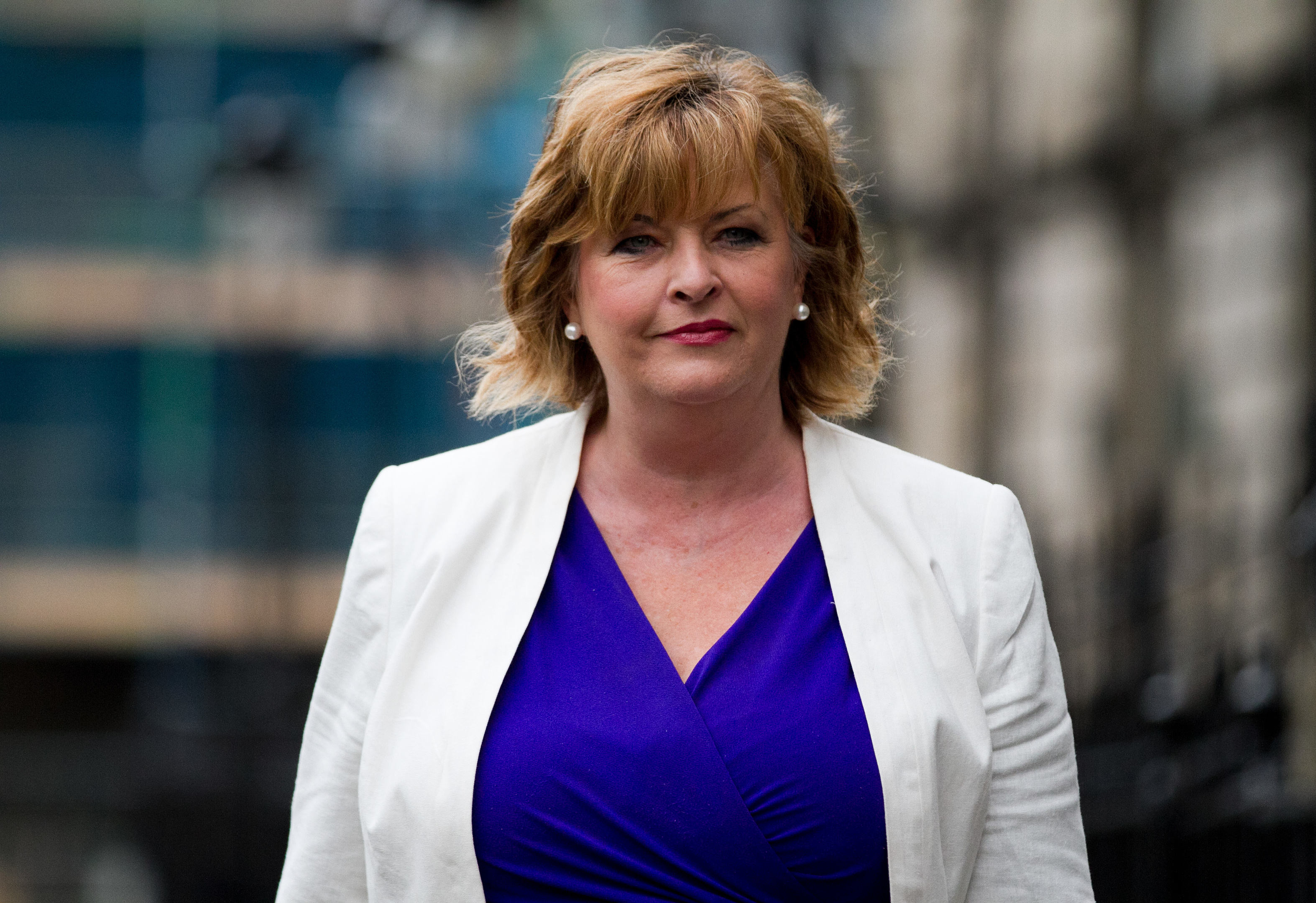
As Culture Secretary, I’m very proud to see the continued growth and success of the Scottish screen sector.
Television remains important as a cultural pastime and – even in this digital age – a powerful medium for entertainment, the sharing of information and education.
On average people in Scotland watch three hours 46 minutes of TV each day across the spectrum of news, sport and entertainment.
Just this week, many readers will have been gripped by BBC One’s four-part crime drama “The Victim”. The show received £250,000 funding from Screen Scotland’s Production Growth Fund, which incentivises production companies to base and produce drama here in Scotland.
Securing such productions is not only essential for job creation and building the talent and skills we have, but it can also generate significant returns for the Scottish economy.
For example, the Production Growth Fund has seen huge economic success with the first £3.7m investment resulting in an estimated £60m spend in Scotland.
Strengthening our industry can have a positive multiplier effect on other industries, including tourism. Many productions filmed in Scotland help to showcase our beautiful, unique landscapes and heritage to audiences around the world.
Outlander, too, has had a massive impact. Historic locations across the country used in the TV adaption of the series have seen visitor numbers soar by over half a million visits since the show first aired in 2014.
Outlaw King, one of the biggest feature films made in Scotland, aired on Netflix to audiences in more than 190 countries and could potentially attract more tourism as new audiences seek to explore the true story behind the film.
Supporting the growth of the screen industry in Scotland is a priority for the Scottish Government, and we are helping to seize the exciting opportunities in film and television by significantly boosting investment through Screen Scotland.
This has allowed Screen Scotland to launch a series of new funds, in addition to the Production Growth Fund, to support film and television production. In particular, the new Broadcast Content Fund supports Scottish companies to develop more ideas and produce ambitious projects.
We need the physical infrastructure for Scotland’s screen sector to thrive and we are supporting a range of existing facilities across the country while Screen Scotland are currently working to make a new publicly-backed studio a reality.
We also funded the prestigious National Film and Television School to help establish a base in Scotland. Nearly a year into operation, these training opportunities are empowering people working in the sector to diversify their skills, helping employers to address critical industry skills gaps and encouraging more people to work in the industry.
Looking ahead, plenty of opportunities are opening up across the industry – the BBC has recently pledged a new investment of £39m and launched its dedicated BBC Scotland channel.
The bulk of the £12.8m funding we provide MG Alba annually also flows directly into funding productions by our independent production companies.
I also welcome the exciting announcement that Channel 4 will open a new creative hub in Glasgow.
It’s an exciting time for the screen industry in Scotland.
Thanks to this investment, our natural assets and our ambitious and talented workforce, the sector has made huge strides.
I look forward to watching many more creative Scottish projects come to fruition in the years ahead.
Last week, Fiona Hyslop hailed the last episode of the current series of Channel 4’s Derry Girls when the Culture Secretary tweeted “Great programme, great comedy and sometimes, just sometimes, tales touch truth with an irresistible strength.” Here, she salutes the potential of TV to change people and countries.

Enjoy the convenience of having The Sunday Post delivered as a digital ePaper straight to your smartphone, tablet or computer.
Subscribe for only £5.49 a month and enjoy all the benefits of the printed paper as a digital replica.
Subscribe